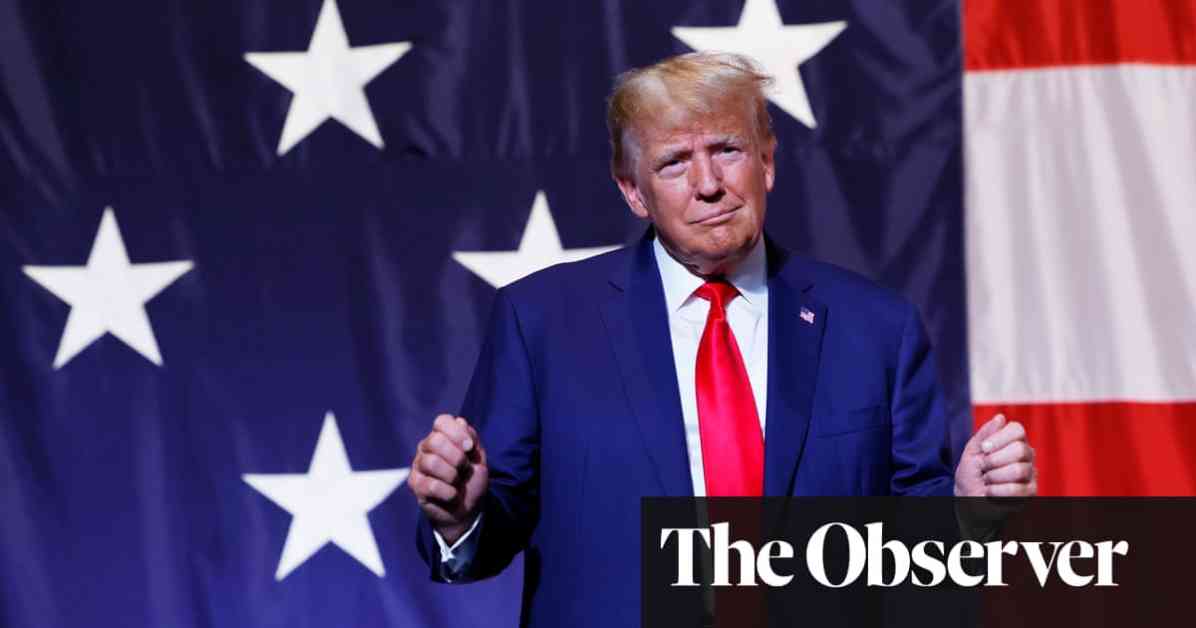The former head of the World Trade Organization (WTO), Pascal Lamy, has emphasized the importance of the UK aligning with the European Union on trade and economic policies rather than with the US under President Trump. Lamy pointed out that the UK conducts three times more trade with Europe than with the US, making it clear where the country’s economic interests lie.
In contrast, a key Trump supporter, Stephen Moore, suggested that the UK should move away from the EU’s “socialist model” to secure a free trade deal with the US and avoid potential tariffs on exports. However, Lamy highlighted that the socio-economic model of the UK is more closely aligned with the EU’s than with the US’s capitalism under Trump.
The UK’s former ambassador to the EU, Ivan Rogers, noted that the UK will face a crucial decision between the US and EU post-Trump’s reelection. Any free trade agreement with the US would likely involve significant concessions on agricultural market access and veterinary standards, which could conflict with existing deals with the EU.
As the UK navigates this trade dilemma, it is also seeking to strengthen trade ties with China while exploring ways to enhance access to the EU single market. The governor of the Bank of England, Andrew Bailey, acknowledged the economic impact of Brexit and emphasized the urgency of developing a comprehensive trade strategy in the evolving global landscape.
Amidst these challenges, trade experts anticipate pressure from the US for the UK and EU to align with its tariff policies, a move that both entities are likely to resist due to their unique trade relationships. Former EU ambassador to London, João Vale de Almeida, suggested that pragmatic deals with minimal scope could offer a potential pathway for cooperation between the UK, EU, and US.
Overall, the UK is at a crossroads in determining its trade alliances and strategies in the face of shifting global dynamics. The decision between prioritizing ties with the EU or the US will have significant implications for the country’s economic future and trade relations. As trade negotiations unfold, finding common ground among these major partners will be crucial for fostering stability and prosperity in the post-Brexit era.












